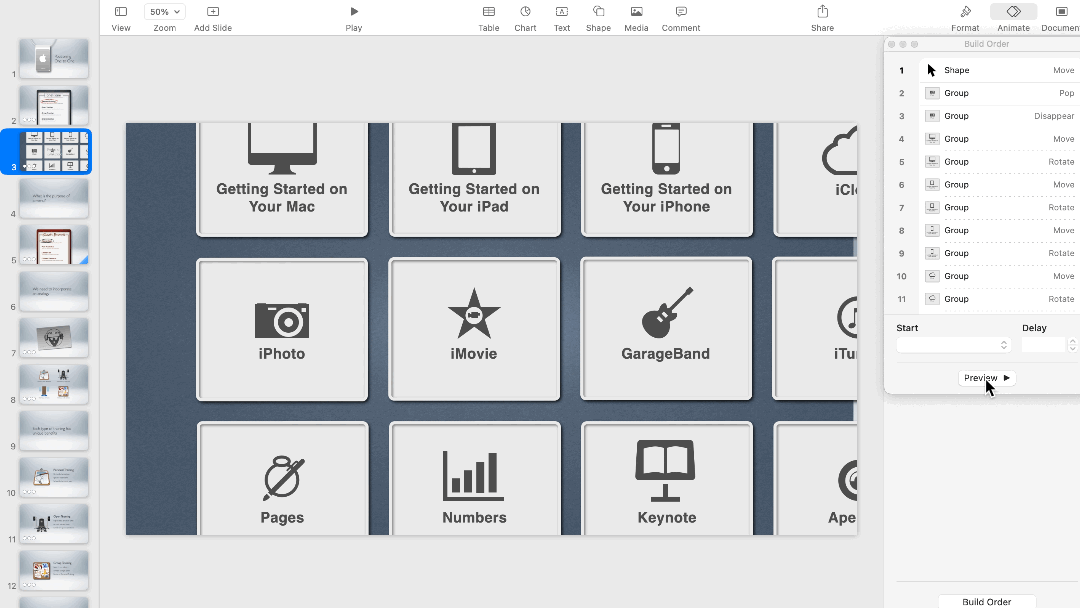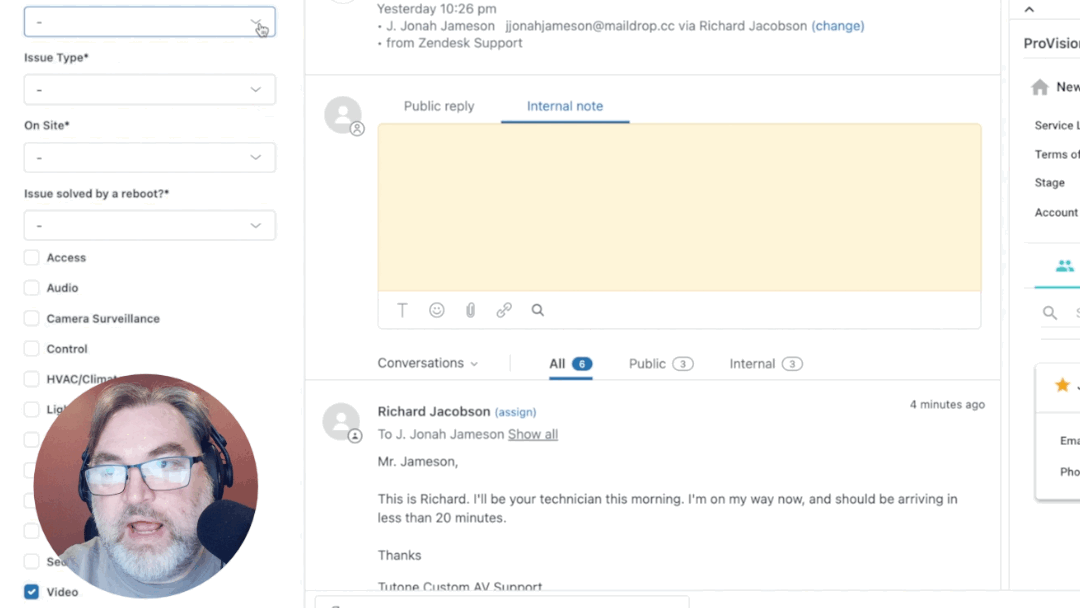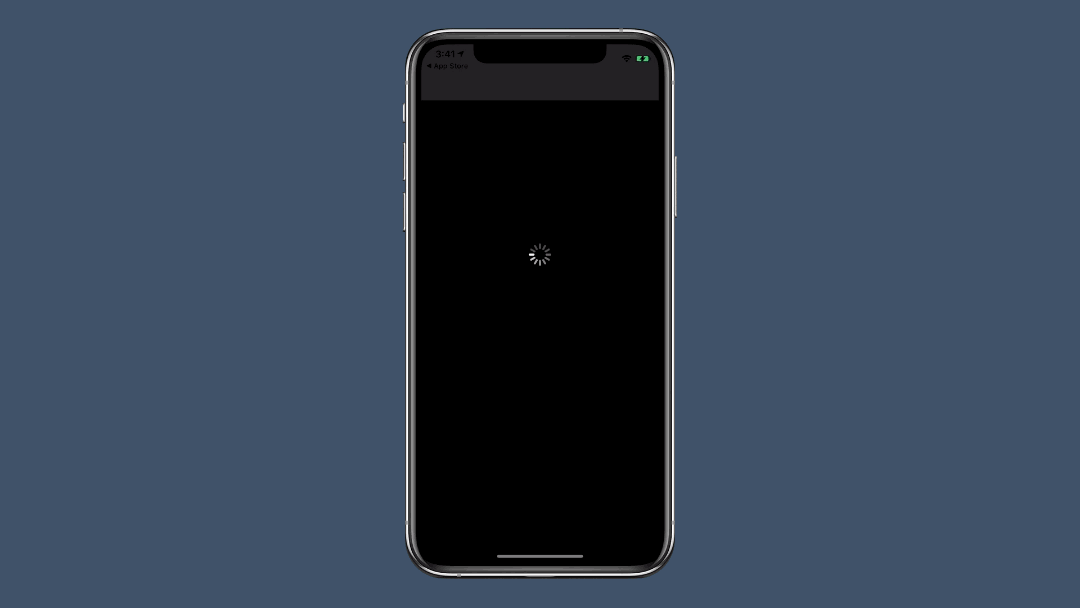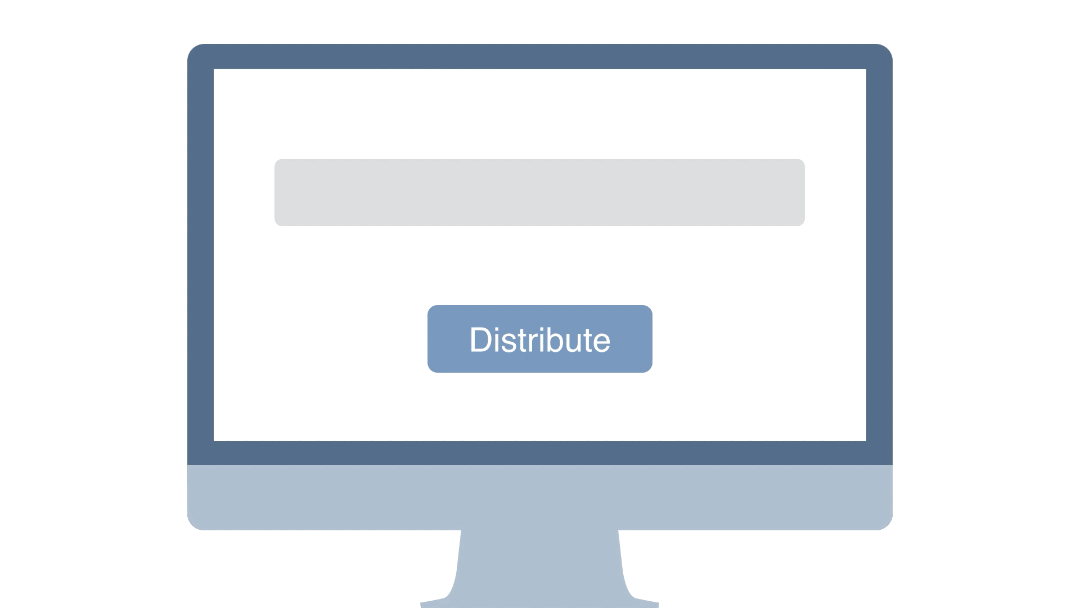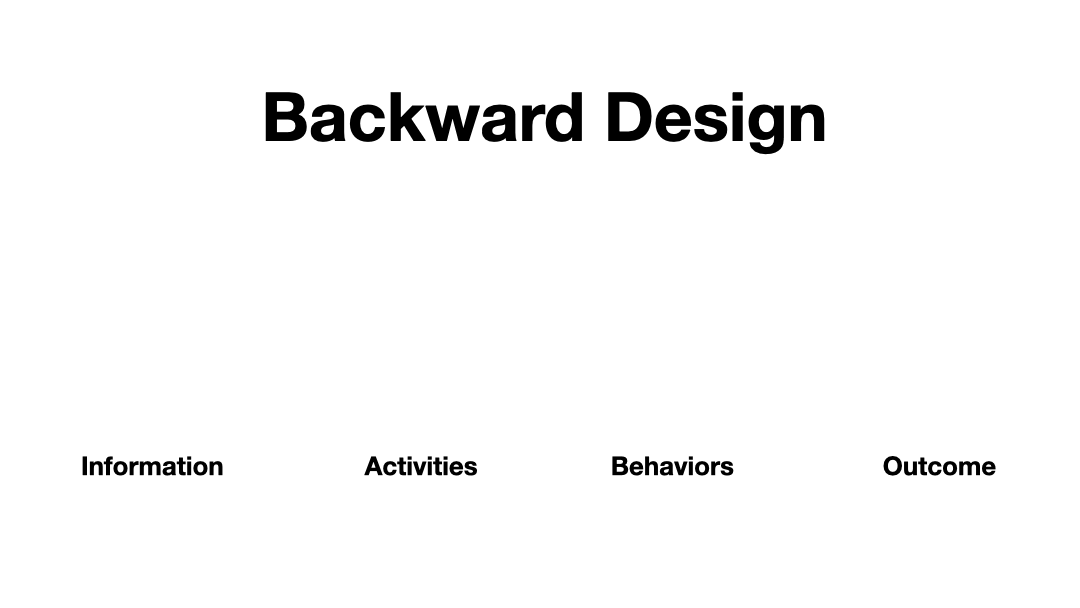training deliverables
I create training materials for instructor led trainings, virtual instructor led trainings, micro-learning, explainer videos and more. I also create various media for trainings: illustrations, animations, etc. And because of my facilitation experience, I not only design trainings but can deliver them, as well.
Instructor-led
Virtual Instructor-led
Microlearning
Explainer Videos
training design
As the saying goes, “Telling ain’t training.” Effective training changes behaviors in order to achieve goals. This requires knowledge of adult learning theory, combined with proven design methodology.
Adult learners are more engaged whenever learning is practical and promises to solve their problems. Adult learners also want learning that connects any new knowledge to their preexisting knowledge. Plus, they like to be self-directed in their learning. Not to mention, they have their own intrinsic motivations for even wanting to learn.
Most instructional design projects follow five phases:
Analyze: Determine a desired outcome
Design: Prototype a training to produce that outcome
Develop: Create the training, media and other deliverables
Implement: Deploy the training
Evaluate: Track the impact and make improvements
Training isn’t a magic bullet which can solve every business problem. For example, if a problem is caused by a lack of supplies or proper tools, training isn’t the answer. But if the problem is a knowledge gap or skill gap, training is almost always the answer.
For trainings to be as focused as possible, decide upon the desired outcome, then work backward to determine the specific behaviors required to create that outcome. Next, design activities which allow learners to practice those behaviors. Finally, provide the information they need to perform those activities.
The structure of an effective training session is just as important as its actual content. Learning occurs through a series of learning events, each of which must be accomplished before moving to the next.
“Train-the-Trainer” sessions aren’t just for trainers. Theses sessions provide all team members responsible for deploying a training the opportunity to work trough the training materials, ask questions, and build their knowledge and confidence in the training.
Trainings that engage but don’t produce desired results are basically just entertainment. This is why it’s crucial to evaluate a training from initial reaction to final results.

